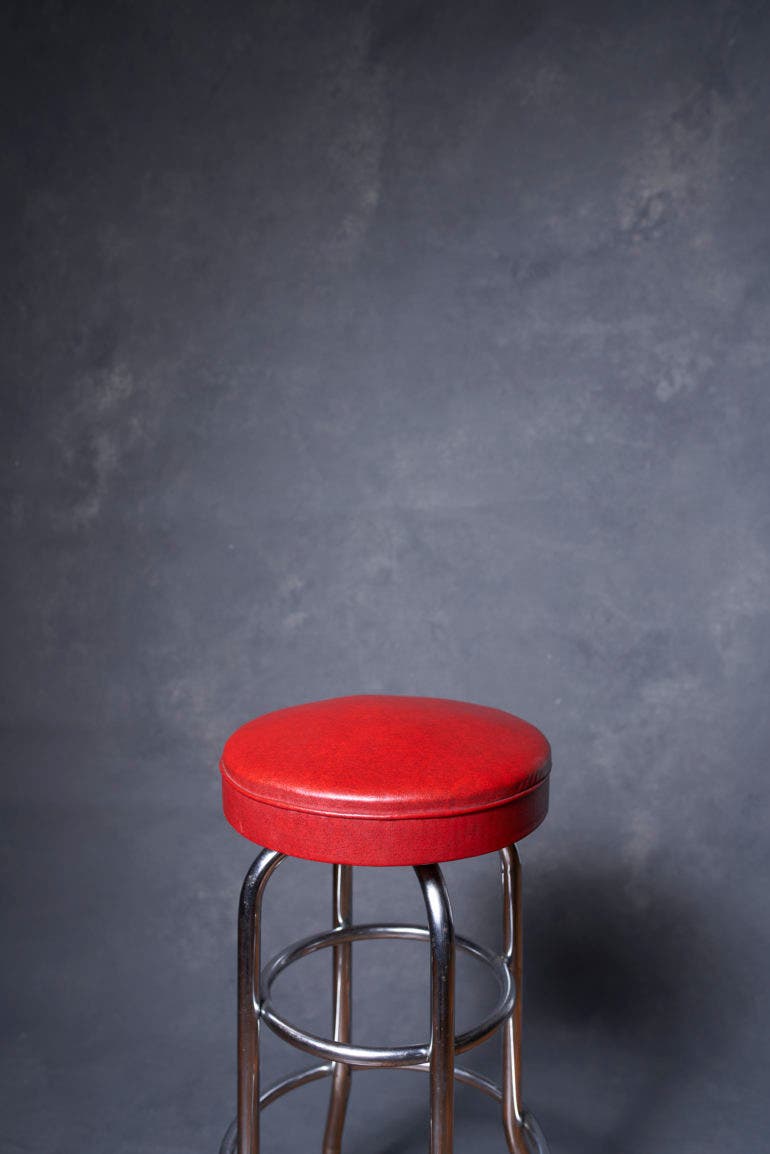Starting a Photography Business and Why Most Fail
Dear fellow photographer! Have you ever dreamed about starting your own photography business?
I am going to confess today why most photography businesses fail. In fact, according to author Dane Sanders in his book “Fast Track Photographer,” 85% of new photography businesses fail in the first two years! Don’t get discouraged, though! You enjoy photography, or you would not be here reading this article. You also clearly want to get paid for your hard work, so I will let you in on the main reasons photography businesses fail and how you can avoid the same mistakes when starting yours. Here’s how to go about starting a photography business.
Create a Great Product That People Want to Buy

In any business, it is imperative to create a great product that people will want to buy. You might think your photography is supposed to be your art and that people should simply pay you to be creative. But honestly, no one cares about your art. Most people care about themselves and how they look in your art when it comes to the business of photography.
So, how do you make a good product, you ask? It starts with investing in yourself and your skills with a camera. One of the biggest mistakes any photographer makes in starting a photography business isn’t grasping the basics of operating a camera to create quality images. Thankfully, in 2021 you can learn the basics in several ways that can be quick, painless, and efficient for your budget!
“You might think your photography is supposed to be your ‘art’ and that people should simply pay you to be creative. But honestly, no one cares about your art.”
Some great ways to start are reading The Phoblographer, watching Youtube creators, or finding a class in your local area. You can also go to a university or technical school to learn about photography. Getting a degree in photography will teach you some of the technical ins and outs of shooting. However, you will not learn anything about running a photography business. Nor will a university teach much about selling your work.
Do Your Homework
Even as an adult, sometimes we have homework! This kind of homework is much different than what we did in school, though. Starting a photography business requires time and research to know how to effectively get your work to be seen.
Most photographers make the mistake of only posting their work on social media and their websites, hoping that people will knock down their door trying to book them. It is a good idea to have your work visible in as many places as possible. But a good way to start is to make a folder of your best images that you are proud of. Send these images out to everyone you know. Tell them you are starting a new photography business and would like to know if they are interested in hiring you if they know anyone who would. Word of mouth is one of your strongest assets to building contacts for your photography business. Many photographers are shy when starting their business and often worry they toot their own horns. They fear they will be looked at badly for spamming others. While it is not a good idea to spam people blindly, it is a great idea to believe in your work and share it. You never know who is going to hire you.

Starting a Photography Business as a Legal Entity
Having a legal photography business is very important when you start selling your photography. This involves choosing your business type between a Sole proprietorship, LLC, S-corp, or C-corp and making a business plan.
A lot of photographers make the mistake of not setting themselves up as legal business entities. You might think you can get away with photographing your cousin’s wedding for $500 on the weekends to pay off your expensive camera, but the IRS does not share the same idea. As a photography business, you must consider things like paying taxes, your overhead for your business, and whether the market in your area will support what you charge.
First and foremost, a great way to establish your photography as a legal business entity is to check what type of business suits what you do via your local business bureau. Most photography businesses are initially set up as sole proprietorships or LLCs, depending on your business model. This involves treating your personal finances and the equipment, expenses, and overhead for your business separately.
“You might think you can get away with photographing your cousin’s wedding for $500 on the weekends to pay off your expensive camera, but the IRS does not share the same idea.”
You may ask yourself if establishing yourself as a legal business is worth it. The answer is yes! For example, you can look at someone like Al Capone. While he was a gangster, he was also a businessman. He eluded capture for many crimes, but what finally sealed his fate was tax evasion. So, it is best to do things on the up and up to establish yourself as a proper business.
Putting It All Together to Start a Photography Business

Now that you have a solid product, know how to start getting the word out, and have established your business legally, there is only one thing to do: put in the work! Yes, a photography business is a job!
Ultimately, many photographers have the knowledge mentioned above, but they get burned out by the number of hours you have to put into your own business. I suggest to all my students that the job is about 90/10. It is 90% administrative tasks and marketing and 10% shooting and editing.
Many photographers start with a dream that forming a photography business will be fun. It can be gratifying to work for yourself if you have the discipline and hustle it takes to succeed. But then again, if this sounds like too much work to you, there is nothing wrong with exploring photography for yourself as a hobby instead.